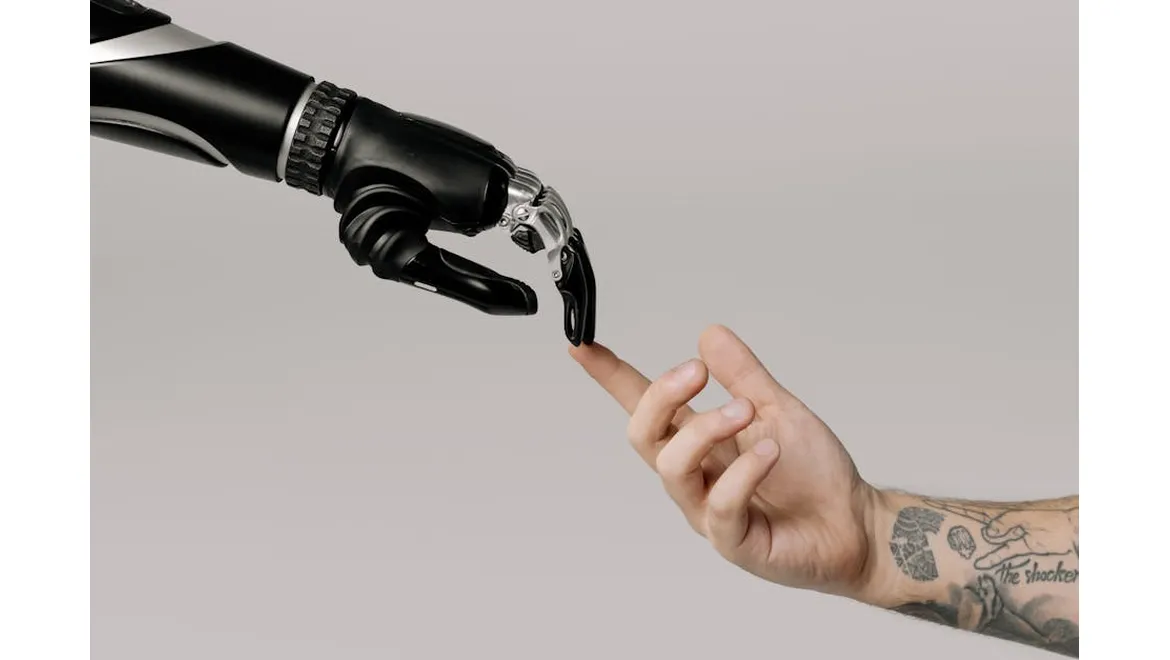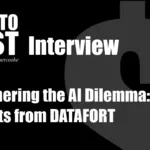In the modern era of artificial intelligence, where technological advancements increasingly intersect with creative fields, the music industry stands at a pivotal juncture. Renowned international Dancehall singer-songwriter Wayne Wonder recently contributed to this ongoing dialogue, offering a balanced perspective on the integration of AI in music creation. Unlike many of his peers who staunchly oppose AI, Wonder remains open to its potential benefits, provided that artists receive fair compensation for their contributions.
During an insightful interview on The Entertainment Report Podcast, Wonder articulated his views on the ethical application of AI in music. “It’s astonishing that you can mimic something so closely that it can deceive listeners,” he remarked. “But it’s crucial to use it properly. If you’re using my voice, compensate me fairly. It’s all about fairness.” His comments come at a critical moment, as the music industry grapples with the ramifications of AI’s growing role in the creative process. He cited the examples of Susan Bennett, the original voice of Apple’s Siri, and actress Scarlett Johansson, who reportedly sought legal recourse after an AI-generated voice closely resembled hers. “I listened to the woman who did the Siri voice and thought, it’s only fair to compensate her. Just give me my due,” Wonder reiterated, underscoring the importance of justice and equity in this technological landscape.
Wonder’s perspective is informed not just by his ethical beliefs but also by his storied career. His 2002 hit “No Letting Go,” which achieved Gold certification in both the United States and the United Kingdom, stands as a testament to his lasting influence in the music industry. Tracks like “Bounce Along,” “Watching You,” and “Joyride” with Cham further highlight his significant contributions. Despite these accolades, Wonder maintains that fairness and compensation are crucial as the music landscape continues to evolve.
The concerns Wonder raises resonate widely within the industry. The Gleaner newspaper recently published an article titled ‘Marley Estate, others sign open letter critical of AI’s ‘assault on human creativity.’ The piece highlighted the collective anxiety felt by many, including the Bob Marley Estate and over 200 notable figures such as Stevie Wonder, Nicki Minaj, Billie Eilish, and Katy Perry. These industry giants signed an open letter released by the Artists Rights Alliance on April 1, warning of the “enormous threats to our ability to protect our privacy, our identities, our music, and our livelihoods” posed by AI technology.
Evon Mullings, General Manager of the Jamaica Music Society (JAMMS), has been particularly vocal about these issues. He noted that “many Jamaican music creators have already begun to feel the adverse effects of AI on their livelihood.” Mullings described AI technology as a “juggernaut” that will “continue to advance with force.” This sentiment is echoed across the industry, where the fear of AI undermining the artistry of songwriters and performers is palpable. One of the most pressing issues Mullings highlighted is the impact of AI on dubplate culture in Jamaica. Dubplates, custom tracks often used by DJs, are at risk as unscrupulous individuals use AI to replicate the sound and likeness of some of the island’s music luminaries, jeopardizing both the authenticity of the music and the livelihoods of the artists.
In response to these challenges, JAMMS is developing a policy to guide the revised eligibility criteria for music from existing or prospective members for earning royalties. The organization plans to reject music that is entirely AI-generated, including vocals. Mullings emphasized that AI threatens core principles of human dignity, freedom from artificial replication, and the right to a livelihood. This policy is a proactive measure aimed at safeguarding the interests of human creators in the face of rapid technological advancements.
The intersection of AI and music presents a multifaceted landscape. Wayne Wonder’s open-minded stance contrasts with the stringent opposition from other industry figures, yet both perspectives underscore a common concern: fair compensation and ethical use. Wonder’s pragmatic approach suggests a potential path forward, where AI serves as a complementary tool rather than a replacement for human artistry. The experiences of Susan Bennett and Scarlett Johansson illustrate the pitfalls of unregulated AI use, highlighting the need for clear policies and legal frameworks to prevent the exploitation of artists. The general outcry from the music community, including the open letter signed by luminaries like the Bob Marley Estate, underscores the urgency of addressing these concerns.
As AI technology continues to evolve, its impact on the music industry will likely become more pronounced. Policymakers and industry stakeholders must collaborate to create regulations that protect artists while allowing for technological innovation. The Jamaica Music Society’s forthcoming policy against entirely AI-generated music is one example of proactive measures that could set a precedent. However, the future of AI in music need not be bleak. If used responsibly and ethically, AI could offer unprecedented opportunities for creativity and collaboration, assisting artists in exploring new sounds and genres. Nevertheless, the fundamental issue remains ensuring that human creators are fairly compensated, and their rights are protected.
In essence, the dialogue surrounding AI and music is far from resolved. As Wayne Wonder aptly advises, the key lies in fairness: “Just give me my due.” Whether through policy changes, industry-wide agreements, or individual actions, the music community must navigate this technological frontier with a steadfast commitment to equity and respect for human creativity.










